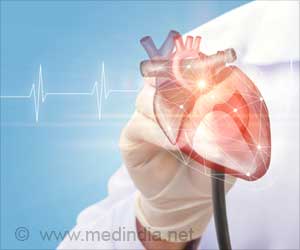An ECHO and initial clinical examination revealed massive fluid accumulation around the heart which impacted its pumping capacity and further led to drop in blood pressure.
Looking at her deteriorating health condition, the doctors introduced her to medicine therapy to control the blood pressure.
At this stage, it was really important to improve the heart’s pumping capacity which was possible only by draining the fluid. As the first step, she was given anti-tubercular therapy. An early diagnosis had confirmed that the patient was suffering from TB.
“Managing the comorbidities, while simultaneously ensuring the patient remained stable was challenging,” said the team of doctors, led by Dr. Vivudh Pratap Singh, Consultant of Interventional Cardiology, at the hospital.
“During the anti-tubercular therapy, we faced another challenge, when the patient started having incessant fast heart rate (ventricular tachyarrhythmia). She had already suffered four cardiac arrests within the week. The patient was given cardiac massage and shocks and she was successfully resuscitated without any ventilator support,” Singh said.
She was implanted with an ICD — a special type of pacemaker which gives shock in fast heart rate.
“Tuberculosis is mostly considered a common ailment associated with fever, as the only symptom, but in our country where it is still prevalent; its effect on heart mostly goes undiagnosed. With timely diagnosis and correct line of treatment, TB can be managed,” Singh said.
The patient is now recovering well, the doctor said.
Source: IANS



